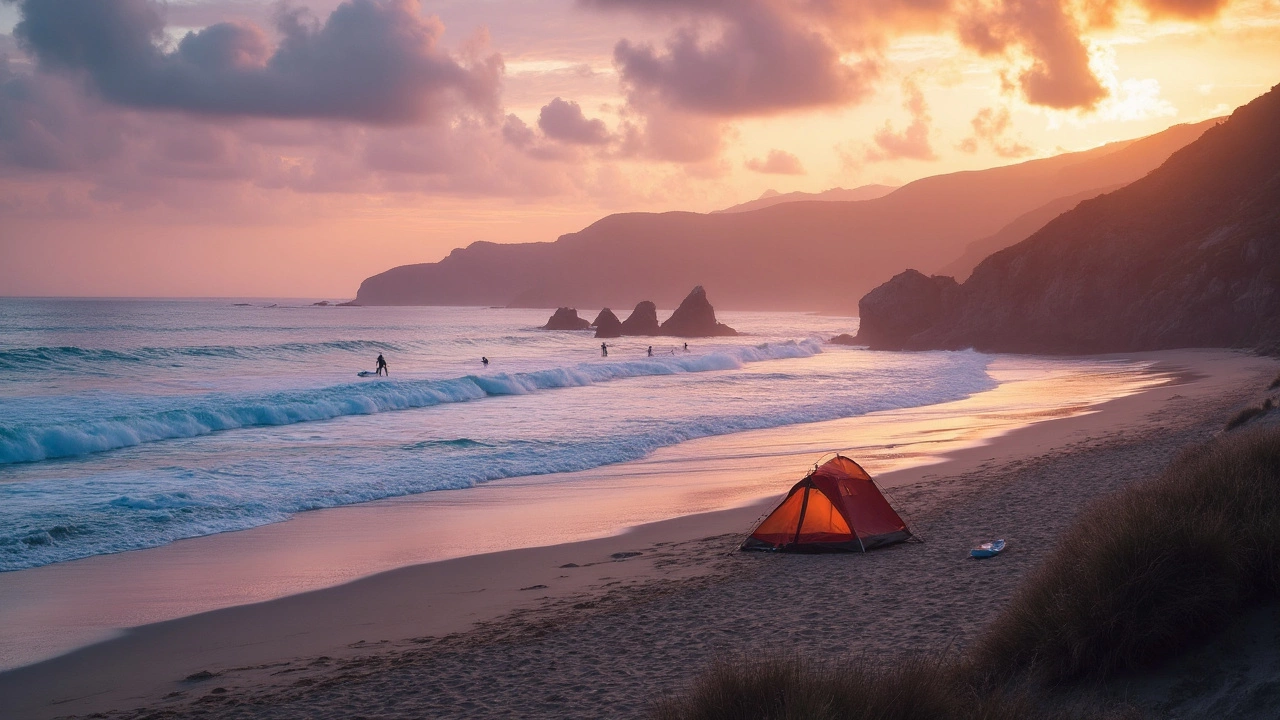Camping Regulations in the UK: What You Need to Know
If you love pitching a tent, a camper van, or a motorhome, the first thing you should check is the law. Too many people assume they can set up anywhere and end up with a fine or an angry landowner. This guide breaks down the most common UK camping rules, shows you where you’re safe to stay, and gives quick tips to avoid trouble.
Understanding the Basics
In England, Scotland, Wales and Northern Ireland the rules differ, but the core idea is the same: you need permission to camp on private land, and you must follow local bylaws on public land. Public parks often allow day‑use only, while countryside areas may have “byelaws” that restrict overnight stays. Scotland is the most flexible thanks to the Scottish Outdoor Access Code – you can wild‑camp on most uncultivated land as long as you respect the environment.
For England and Wales, the “right to roam” does not include overnight camping. That means if you’re on a beach, a forest path or a city park, you need to check local signs or ask the council. Many coastal towns have specific beach‑byelaws that forbid tents, especially during the summer season.
Common Situations and How to Stay Legal
Camping on a beach: Look for signs that say “No camping” or “Restricted areas”. Some beaches allow a short, one‑night stay if you keep a low profile and clean up. If you’re unsure, move a short distance inland to a designated campground.
Public parks and urban green spaces: Most parks only allow day use. If you see a permit office or a notice board, follow the instructions. Some parks issue a “overnight licence” for a small fee; it’s worth checking the local council website.
Wild camping on private land: Always ask the landowner first. A friendly knock or a quick phone call can save you a fine and maybe earn you a spot. If you can’t get permission, move on – it’s not worth the risk.
Motorhome or camper‑van parking: Many service stations, supermarkets and some car parks let you stay for a few hours, but not overnight. Look for signs that say “No overnight parking”. Some motorhome parks and caravan sites offer cheap night‑stays; they’re the safest bet.
When you’re in doubt, use an app or website that lists legal campsites near you. Even a basic map can show you AONB boundaries, national parks and designated sites that welcome campers.
Finally, remember the Leave No Trace principles: pack out all rubbish, avoid building fires where they’re banned, and keep noise down. Following these simple rules not only keeps you legal, it also preserves the places you love to visit.
With the right knowledge, you can roam the UK’s beautiful countryside without worrying about fines or conflicts. Check the local byelaws, respect private property, and enjoy a hassle‑free adventure every time you hit the road.
Can I Camp on the Beach in California for Free?
Ever wondered if you can camp for free on California's beaches? This article dives into the nitty-gritty of what you need to know. From legal regulations to finding the best spots, learn how to maximize your beach camping experience in the Golden State. Get tips on where to set up your tent without emptying your wallet and discover some hidden gems off the beaten path. Keep reading for all the insider info!
Understanding the UK's 28-Day Rule for Campsites
The 28-day rule in the UK allows temporary campsites to operate without planning permission for a limited time each year. This article delves into how the regulation works, its benefits for campsite owners, and what campers need to know. It covers the implications for landowners and provides practical tips for adhering to this rule. With insights into the regulation, both campers and campsite operators can make informed decisions.

